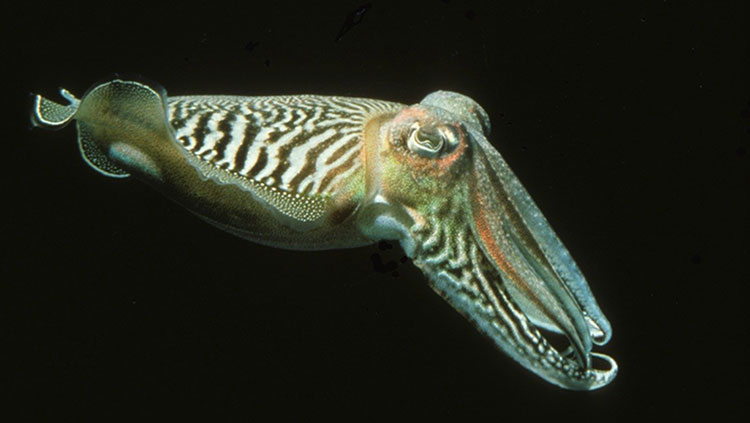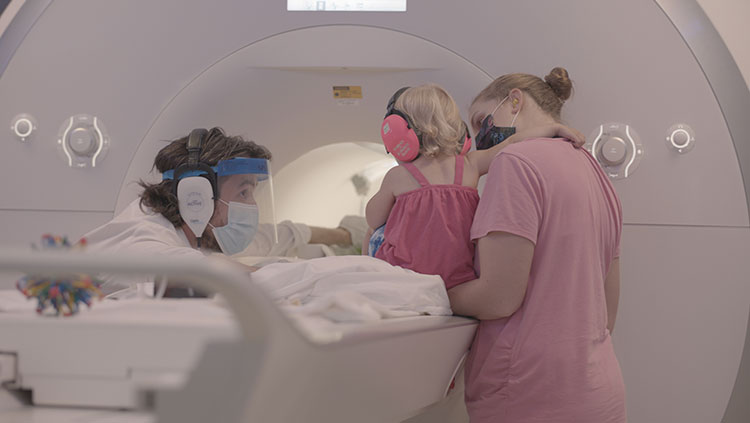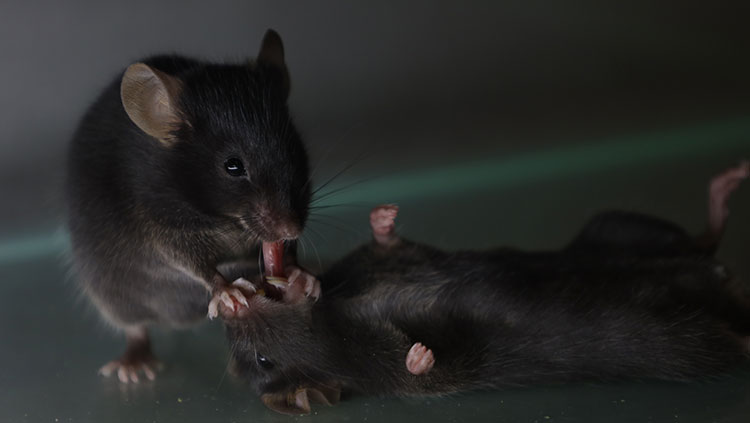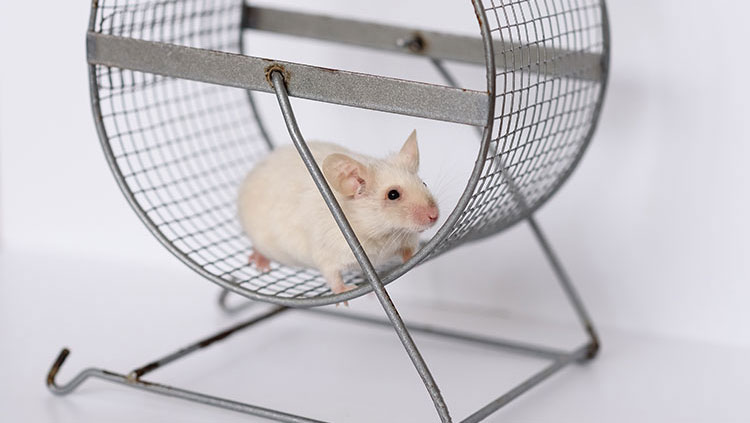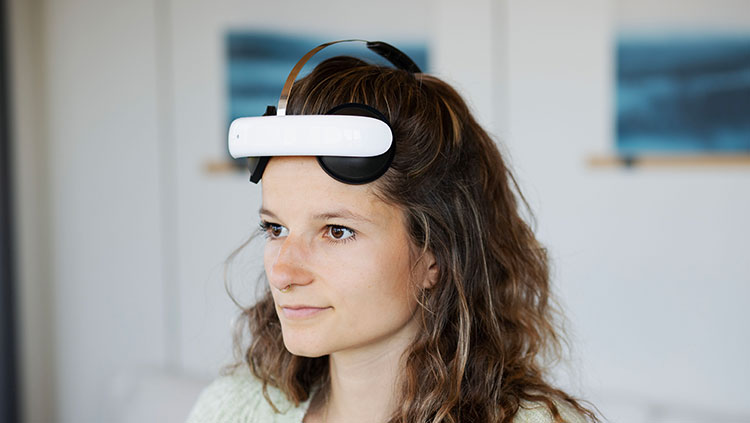ICYMI: Potty-Trained Cows Demonstrate Interoceptive Awareness
- Published8 Oct 2021
- Author Alexis Wnuk
- Source BrainFacts/SfN
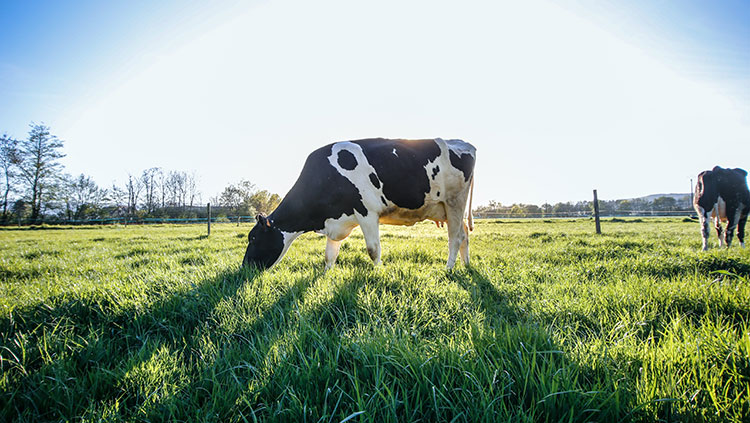
Cow pee isn’t great for the environment. It contains methane gas — a main contributor to global warming — and high ammonia levels that can pollute soil and water. Potty training cows could curb some of these environmental impacts, researchers reported September 13 in Current Biology. They trained 16 calves to urinate in a special pen in their barn nicknamed the MooLoo. In the first training phase, the cows were confined to the latrine and given molasses-sweetened water or crushed barley whenever they urinated. Then, the cows were trained to enter the latrine when they had to urinate: use the latrine, and get more treats. Should they urinate anywhere else, a gentle splash of water served as a deterrent. After a few weeks of training, 10 of the 16 cows were successfully potty-trained.
Big picture: Potty training involves building an awareness of the body’s internal signals — called interoception — and learning to respond appropriately. A full bladder activates stretch receptors in the bladder wall, which relay signals through the spinal cord to a region of the brainstem called the Pontine micturition center or Barrington’s nucleus. When activated, the neurons in this region signal the urethral sphincter to relax. But the region also receives input from the frontal cortex. With training, animals can learn to consciously control the urinary reflex. The cows in the study “showed a level of performance comparable to that of children and superior to that of very young children,” the researchers wrote.
Read more: Scientists Potty-Trained Cows to Help Reduce Environmental Pollution. Vice
More Top Stories
- A decades-old recording shows these ducks are capable of vocal language learning. New Scientist
- A diet high in dairy fat may lower the risk of stroke and heart disease. The Guardian
- Children’s eyesight has worsened during the pandemic. The New York Times
- A two-minute computer test can diagnose Alzheimer’s disease five years earlier than current tests. The Guardian
- Using acetaminophen during pregnancy can increase the risks of autism and neurological disease in children, experts warn. STAT
- AI helped scientists identify a new treatment regimen for a rare childhood brain cancer. The Guardian
- A blood test can predict how well someone recovers from a traumatic brain injury. Science News
- Poor office air quality hurts cognitive performance. Fast Company
- Starting rehabilitation two to three months after stroke improves recovery. NPR
- Listening to Mozart reduced brain activity that can lead to epileptic seizures. STAT
- The fastest-evolving bits of the human genome helped shape our brains. New Scientist
CONTENT PROVIDED BY
BrainFacts/SfN
What to Read Next
Also In Neuroscience in the News
Trending
Popular articles on BrainFacts.org



